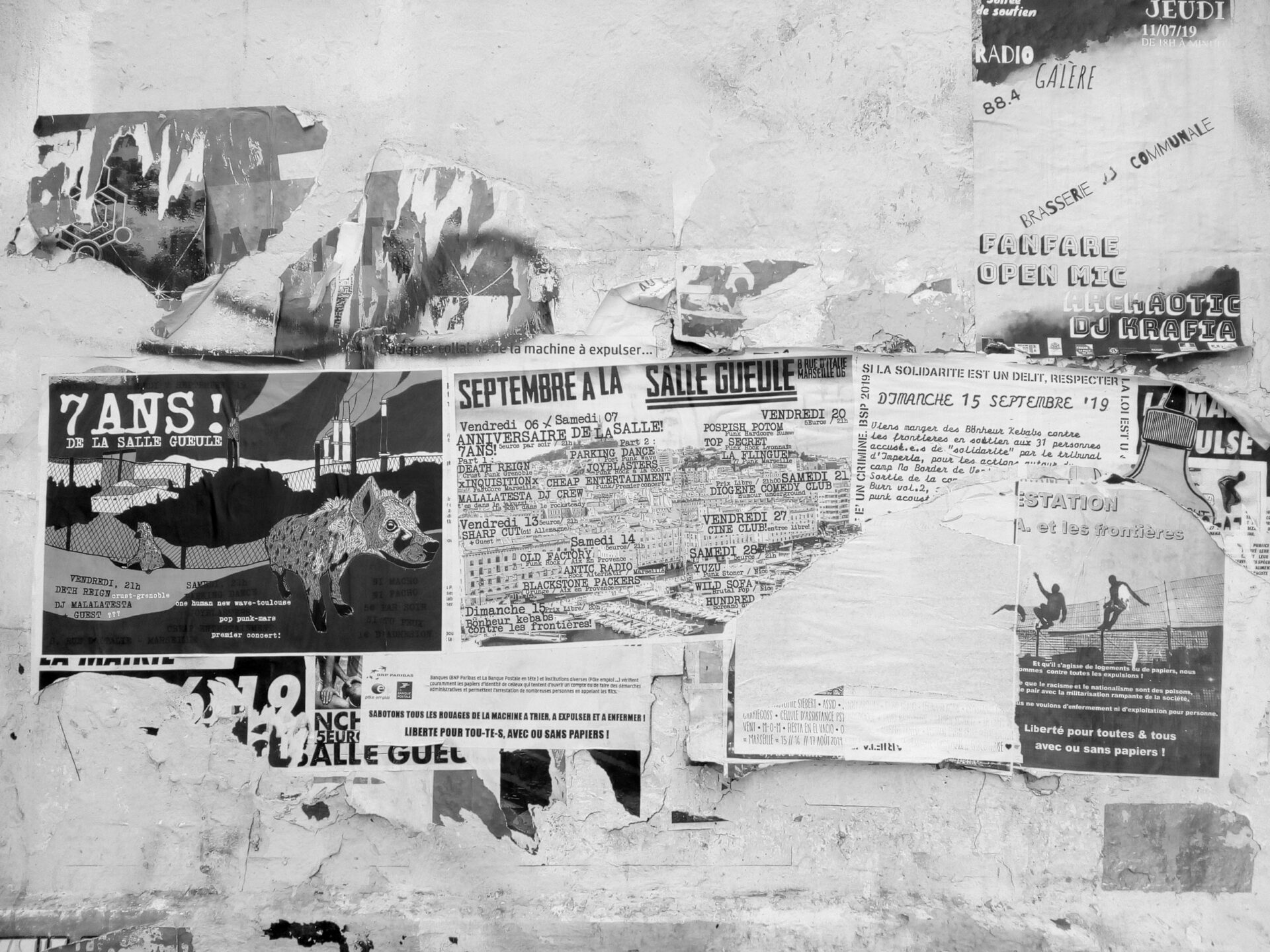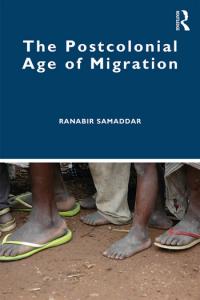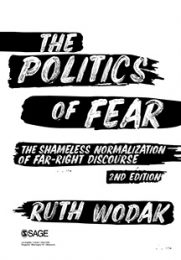How do soft authoritarian practices hollow out liberal democratic institutions and values? How is „autocratic legalism“ (Kim Lane Scheppele) put in place by various governments? How and why are academic freedom and freedom of press under attack? Can we entrust big tech corporations to guard against hate speech and incitements to violence? Which rhetoric and discourses are employed to undermine democratic processes?
This blog maps and analyses various facets of what we define as “soft authoritarianism” in today’s world. Curated by the Research Group Soft Authoritarianisms, it contributes to the debate on growing authoritarian tendencies around the world.
Offering a cross-disciplinary dialogue, it addresses various forms of challenges to liberal democracy and of active citizen engagement to protect and deepen democratic institutions in the face of the current backlash.
Ein 37-jähriger Mann wird auf dem elterlichen Hof von der französischen Polizei erschossen, nachdem er sich nach dem gewährten Freigang nicht ins Gefängnis zurückbegeben hatte. Jens Adam rezensiert Didier Fassins neu erschienenes Buch, im dem die Umstände des Todes nachvollzogen…
Democracy in Question? – Through a Soft Authoritarian Lens In this comment, Jens Adam reflects on episode S2E5 of the podcast series “Democracy in Question?” featuring Till van Rahden. Once in power, soft authoritarian politicians strive to dominate public institutions…
Soft Authoritarianism and the Ambivalences of Europeanisation: What Role Could the EU Play?
Democracy in Question? – Through a soft authoritarian lens In this comment, Jens Adam reflects on the latest episode of the podcast series “Democracy in Question?” featuring Timothy Garton Ash. Jens argues that the role that the EU plays in…
Democracy in Question? – Through a Soft Authoritarian Lens In this comment on the last episode of our podcast series ‘Democracy in Question?’ Jens Adam reflects on Mary Kaldor’s notions of ‘Civil Society’ and ‘Horizontal Democracy’. Drawing on examples from Poland, Belarus and Ukraine,…
This book critically examines the question of migration that appears at the intersection of global neo-liberal transformation, postcolonial politics, and economy. It analyses the specific ways in which colonial relations are produced and reproduced in global migratory flows and their…
Far-right populist politics have arrived in the mainstream. We are now witnessing the shameless normalization of a political discourse built around nationalism, xenophobia, racism, sexism, antisemitism and Islamophobia. But what does this change mean? What caused it? And how does…
France is experiencing at the moment a discursive shift that puts academic freedom in danger. Using the notion of islamo-gauchisme, right-wing actors as well as members of the government connect Islamism with critical academic disciplines such as decolonialism, postcolonial studies…
This article was originally written for Global Challenges and published in the journal Special Issue 1 “Politics of the Coronavirus Pandemic” (June 2020). Around the world, unspent public funds are being repurposed on a very large scale in response to…





